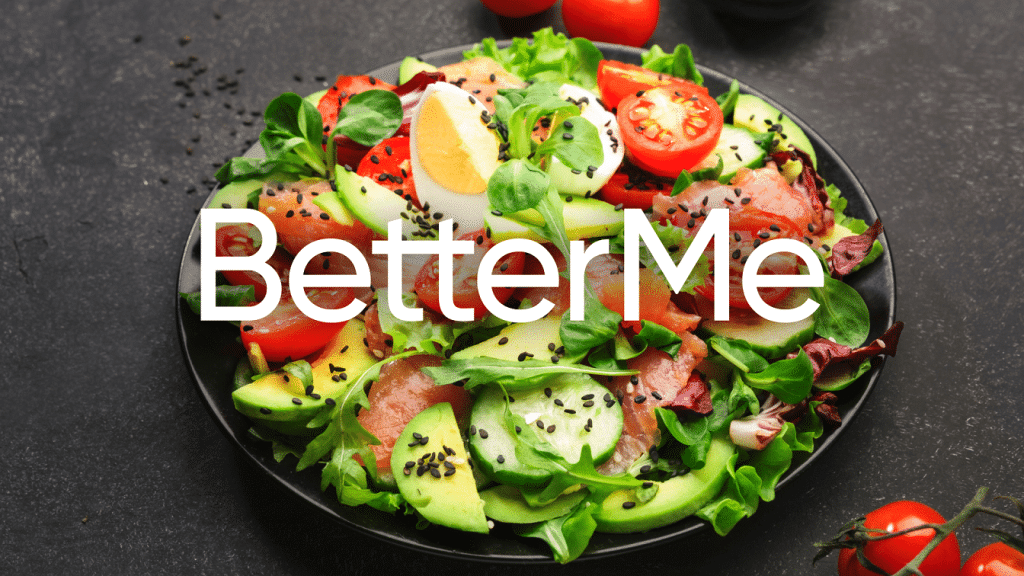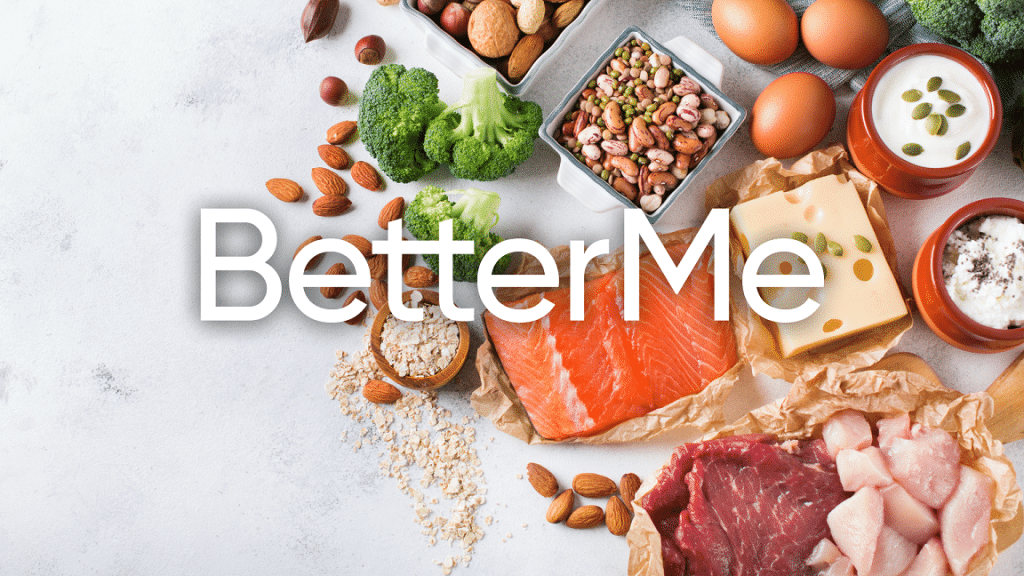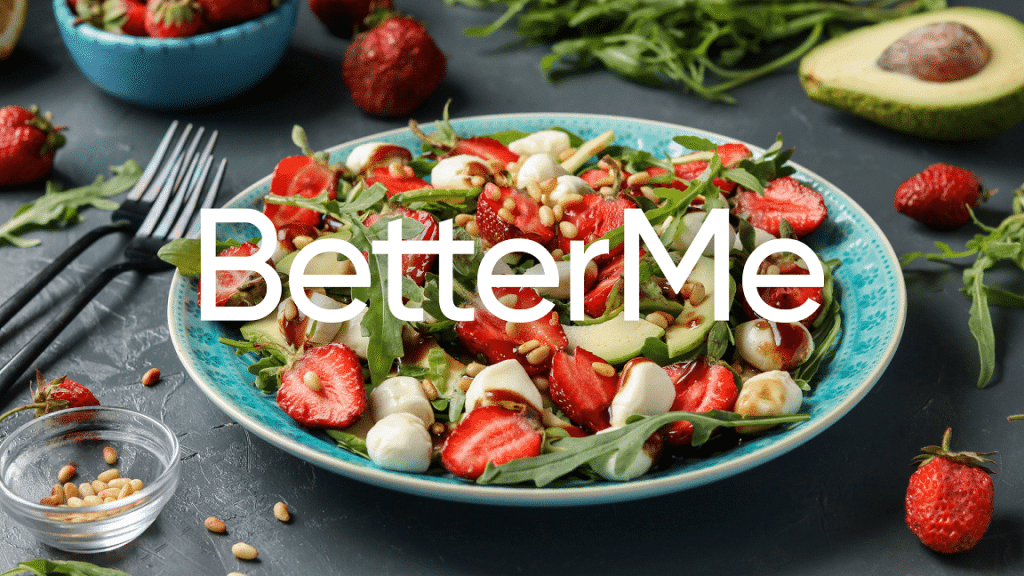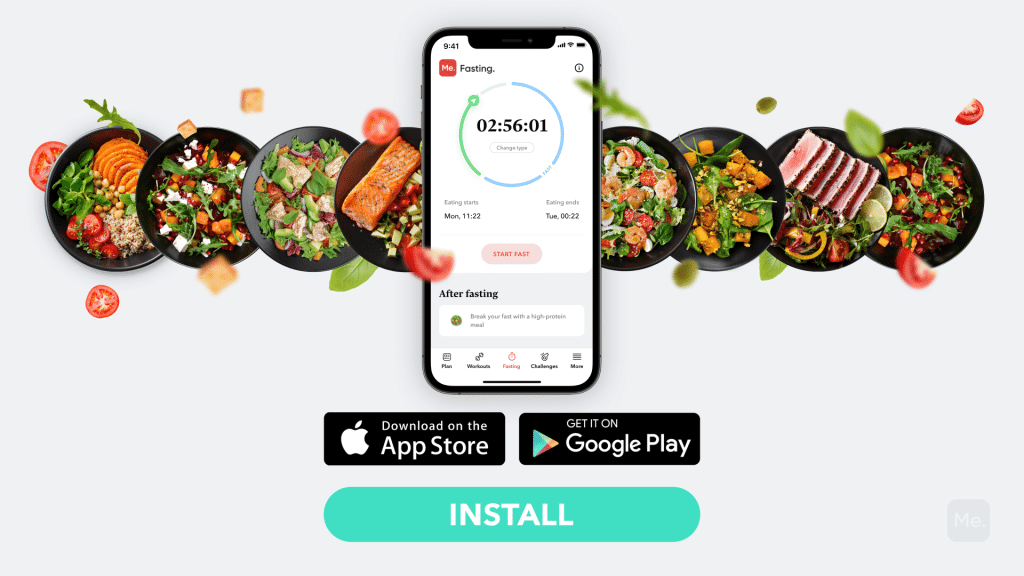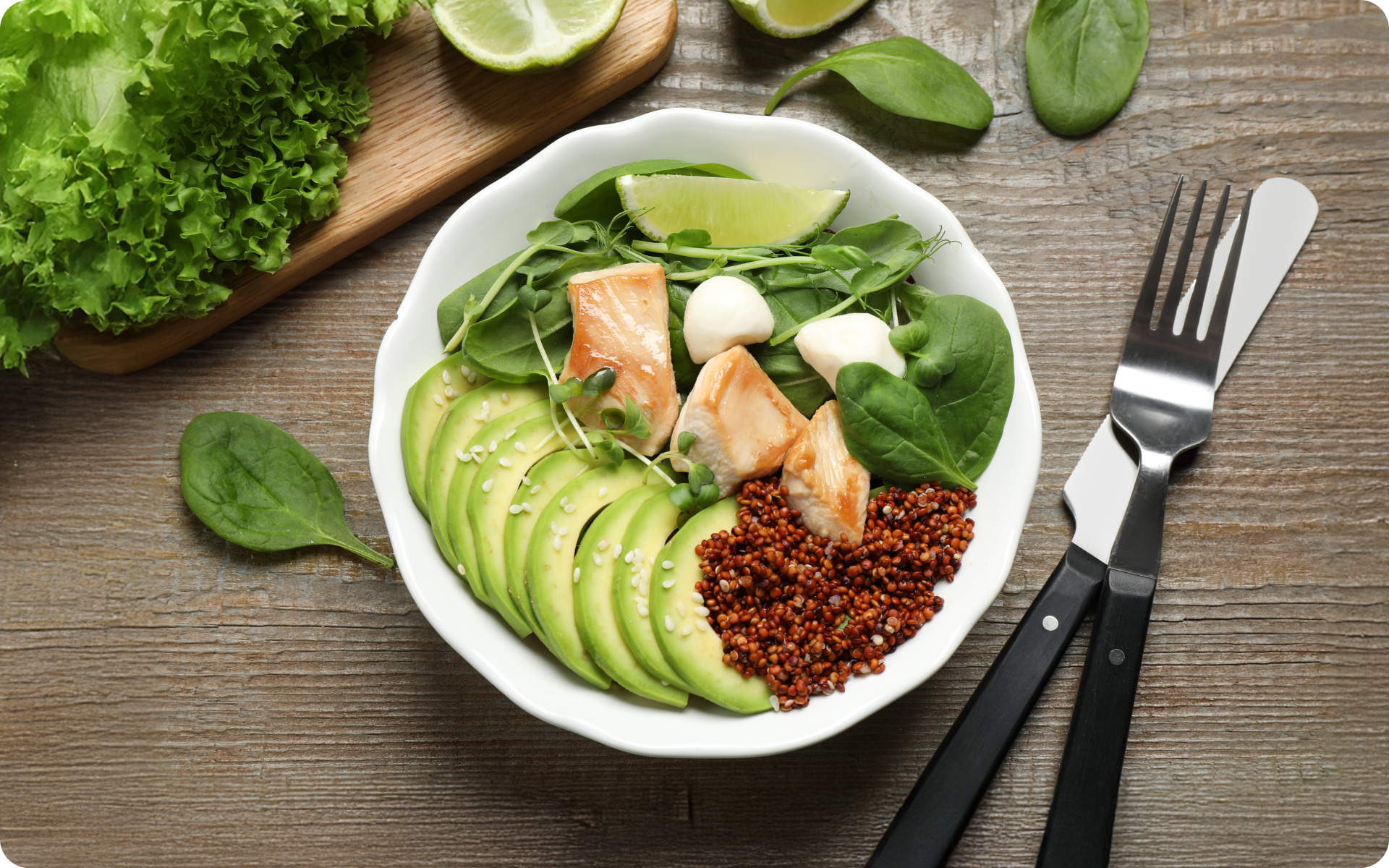Lose 10 pounds in 1 week – sounds too good to be true, right? Well, that’s because it might be. The 3-day diet plan aka the Military Diet is one of many popular fad diets that promise rapid weight loss after only 1 week of restricted eating.
You might be thinking, “Well, if it works for the military, then it must be legit” The truth is, this diet is not affiliated with the military in any way. It is, however, quite popular. And because of this, you might be tempted to give it a try. Before you do that, let’s look at the facts about this diet – how does it work? Is it effective for weight loss? Are there any dangers associated with it? What can you do instead of using this restrictive diet to lose weight?
What Is The Military Diet?
According to the website that details the way this diet works, it is a three day weight loss plan that can help you lose 10 pounds in a week (9). You should follow the diet for 3 days a week, and take 4 off. The 3-Day Military Diet can be repeated on a weekly basis until you reach your weight goal.
Although there is a predetermined menu for this 3-day diet, substitutions are allowed. You can substitute every item on the menu with something else in case you are vegan, vegetarian, lactose intolerant, gluten free or you can’t stomach any of the menu items.
Read More: 4-Day Military Diet: Is Slashing Your Daily Calories So Drastically The Answer?
How Does The Military Diet Work?
You’ll be eating roughly 1,400, 1200, and 1,100 calories per day on the three days of the diet. After these days, you’ll go back to eating regularly on the 4 days – that is, about 1500 calories or more per day.
The reason for switching up your calorie consumption is simple is to trigger a drop in your body’s metabolism caused by alternating days of no food and lots of food. The diet also includes specific food combinations to try to boost metabolism and burn fat.
According to the diet’s website, this is the 3 day diet meal plan you should use (9):
Day 1
- Breakfast: 1/2 grapefruit, 1 slice of toast, 2 tablespoons of peanut butter and 1 cup coffee or tea (with caffeine)
- Lunch: 1/2 cup of tuna, 1 slice of toast and 1 cup coffee or tea (with caffeine)
- Dinner: 3 ounces of any type of meat, 1 cup of green beans, 1/2 banana, 1 small apple and 1 cup of vanilla ice cream
Day 2
- Breakfast: 1 egg, 1 slice of toast with 1/2 banana
- Lunch: 1 cup of cottage cheese, 1 hard boiled egg and 5 saltine crackers
- Dinner: 2 hot dogs (without bun), 1 cup of broccoli, 1/2 cup of carrots, 1/2 banana and 1/2 cup of vanilla ice cream
Day 3
- Breakfast: 5 saltine crackers, 1 slice of cheddar cheese, 1 small apple
- Lunch: 1 hard boiled egg (or cooked however you like), 1 slice of toast
- Dinner: 1 cup of tuna, 1/2 banana and 1 cup of vanilla ice cream
Dropping pounds by the dozens without putting yourself through the wringer is everyone’s weight loss pipe dream. But what if we told you that the BetterMe app can make that happen? Keep yourself in prime shape with our fat-blasting workouts, delicious budget-sparing recipes, and body-transforming challenges with our app!
Is The Military Diet Effective?
The military diet promises instant results – but can it deliver? Let’s take a look at some of the pros and cons associated with following this diet.
Pros
Promotes Weight Loss
This diet will help you break bad eating habits that are causing your weight gain, such as overeating and snacking in-between meals. You’ll lose 7% of your body weight in a week—if you follow it precisely. If not, the number shrinks to 5%.
It Is Cheap
This military diet is cheap with all ready prepared foods such as saltine crackers, and ice cream available at most supermarkets, you only need to purchase enough for the three days of this diet.
Allows For Flexibility
The 4 days off give you enough time to increase your intake of fruits and vegetables that you might have missed on the first 3 days.
Cons
The 3 day diet plan has several downsides:
Limited Nutrient Intake
Since there are only 1000 calories allowed per day, it is very unhealthy for long term use because your body needs nutrients from fruits and vegetables that just aren’t available in the limited food list provided by the 3-day military diet.
Furthermore, the diet is high in added salt, sugar, and saturated fats. The combination of saltine crackers, peanut butter, bread, hot dogs, and cheese can create an unhealthy salt intake (10). Overall, the foods suggested on this diet plan are neither healthy nor filling.
Read More: 7-Day Military Diet Plan: Understanding This Quick Fix Weight Loss Method
Lack Of Variety
The Military Diet can be boring because it doesn’t offer much variety for meals on the first three days. Doing this diet over and over can become quite monotonous.
Temporary Results
Although you’ll lose weight very quickly on this diet, that initial loss is mostly water and not fat. You’ll have to begin a sensible exercise program after the Military Diet in order to keep most of the pounds off.
Alternatives To The 3-Day Diet
There are some alternatives that will give you more sustainable weight loss results without having to go through the strict dietary restrictions imposed by both The 3-day military diet.
The thing about these diets is that they offer more balanced nutrition, and encourage the development of healthy behaviors such as portion control that can sustain long term weight loss. Some of these diets are easier to stick to than others, but research has proven them all effective for weight loss and management.
Keto Diet
The ketogenic diet refers to a high-fat, moderate protein, and low-carbohydrate diet. It is made up of 55-65% fat, 30-35% protein and less than 5 -10% carbohydrates (8).
The main purpose of this diet is to induce a state called ‘ketosis.’ This means that your body uses fat instead of carbohydrate for energy. Fat is found in foods such as fatty fish, meat, vegetable oils, butter and nuts. Carbohydrates are found in grains/starches like pasta, breads etc.
A ketogenic diet is different from a low-carbohydrate diet because it allows more protein, which can be beneficial for muscle growth and avoiding conditions like type 2 diabetes and certain cancers (12). The most common source of proteins are meat, fish, dairy products or eggs. Some people who follow this diet choose not to eat any animal products at all.
This diet has proven effective for those experiencing obesity, diabetes, and epilepsy (14). It can also help you lose weight and improve your overall health. A ketogenic diet reduces symptoms of these diseases almost completely or even eliminates it altogether for some people.
However, it has received criticism for being difficult to maintain and it may take some time before you see improvements. Fats such as butter, vegetable oils and cheese are very high in saturated fats on this diet. These types of foods have been proven to increase the risk for heart disease and other health issues when eaten in excess (13).
Want to build an attention-grabbing bubble butt, blast away fat that’s stored in all the wrong places, spring-clean your diet, turn back the clock on your skin, skyrocket your self-confidence and shatter your insecurities? Check out the BetterMe app and set this plan in motion!
Weight Watchers Diet
The Weight Watchers system is a points-based diet program that allows you to eat a variety of foods while keeping track of your overall intake (15). It’s not the most accurate way to lose weight, but it does work and it can be easy as long as you keep close track of what you’re eating every day! The secret is consistent weight loss over time; NOT crash diets that allow you to lose weight quickly only to gain it all back and then some once you start eating normally again.
The basic idea behind the diet is simple: restrict your daily food intake to a number of “points” that you can use at your discretion. As long as you stay within your daily point total for the day, you get to eat what you want (within reason!). On this diet plan, you can eat all sorts of things such as vegetables, healthy fruits and lean meats!
How many points will I need? This depends on age, gender and physical activity levels, but in short: about one-half of your current weight! So if you’re trying to lose twenty pounds, plan for losing around ten points per day. More or less depending on how much more active or sedentary you are than most people. Points are also awarded based on other factors such as health conditions and medications – be sure to take those into account when planning out your daily intake!
Intermittent Fasting
Intermittent fasting is a technique where you cycle between periods of eating and fasting. What determines whether a diet plan is considered as intermittent fasting is the timing of meals during a day and how many times in one week that you do eat (7).
Fasting protocols are generally divided into three patterns: alternate-day fasting, feast/fast cycling, and extended fasting. However, there’s more than just those 3 types of intermittent fasting. How it breaks down depends on what type of target audience or goal that person wants to achieve through IF (intermittent fasting).
Fasting can be practiced for both short term or long term goals such as weight loss, maintenance or muscle gain depending on the frequency of the fasts which can range anywhere from daily to once a year.
Research has proven that intermittent fasting can improve health and well-being as well as lowering the risks for a number of serious diseases such as heart disease, diabetes, cancer and Alzheimer’s (6).
Fasting not only lowers blood sugar but also cholesterol levels and improves insulin sensitivity. The fasting state activates cellular repair mechanisms in the body reducing your risk of developing various types of cancers (4).
In addition to all that, it helps you achieve adequate weight loss without having to strain yourself with strenuous exercise routines or torturous diets.
Atkins Diet
The Atkins diet is a low-carbohydrate fad diet developed by Dr. Robert Atkins in the early 1970s (1).
It restricts carbohydrates like sugars, starches and grains, but allows the consumption of foods high in monounsaturated fats (MUFAs), polyunsaturated fats (PUFAs) and low-glycemic index vegetables (with some restrictions). This is in contrast with other low-carbohydrate diets which include whole grains, fruits and vegetables.
There are four stages to the Atkins diet (1). The first two weeks is an Induction phase and involves a maximum carbohydrate intake of 20g per day with unlimited fat and protein.
During this time, your body shifts the energy it is using from carbs to ketones as it converts fat into energy.
After these two weeks, you slowly add carbs back into your diet in 5 gram increments until you identify the right amount for weight loss by looking at what causes you to regain lost weight or maintain optimal weight loss.
Studies on this diet have shown it to be as effective, and sometimes more effective, than several other diets (3).
Vegan Diet
Vegans are vegetarians who also refrain from eating all animal byproducts, including eggs and dairy products (11). This diet requires that people eat only plant-based foods and does not allow for consumption of any processed food containing animal parts or derivatives (such as gelatin).
A vegan diet allows you to have whole grains like oats, rice, quinoa, barley, millet, and corn; fruits and vegetables such as avocados, lentils, beans, and dried peas; legumes such as soybeans; nuts such as almonds and walnuts; seeds such as sunflower seeds and pumpkin seeds. These foods can be eaten cooked or raw.
A well-planned vegan diet can be just as nutritious and healthy as any other way of eating, provided you make the right selection.
Vegans tend to eat high quantities of fiber which makes them feel full for longer periods than non-vegetarians. They also get more minerals and vitamins from leafy green vegetables such as spinach, kale, collard greens, cabbage, mustard greens and turnip greens. The regular intake of these superfoods increases energy levels in your body while reducing the risk of chronic diseases such as heart disease, type 2 diabetes, obesity and cancer (5).
A vegan diet can also help you lose weight. A six-month controlled study of 63 overweight adults compared the outcomes of five different diets. Those in the vegan group lost more than twice as much weight as those in any of the other groups (2).
The Bottom Line
The military diet promises big results – lose 10 pounds in 1 week. However, if you are looking for a long term solution instead of a temporary fix then the military diet may not be the best solution for you. It seems like too many restrictions and sacrifices that will make it difficult to stay with in the long run.
Instead of any of the overly restrictive 3-day diet that doesn’t have scientific backing, consider trying keto, intermittent fasting, going vegan, or any of the diets that are scientifically proven to work.
Get your personalized
meal plan!

DISCLAIMER:
This article is intended for general informational purposes only and does not address individual circumstances. It is not a substitute for professional advice or help and should not be relied on to make decisions of any kind. Any action you take upon the information presented in this article is strictly at your own risk and responsibility!
SOURCES:
- Atkins Diet – an overview (n.d., sciencedirect.com)
- Comparative effectiveness of plant-based diets for weight loss: a randomized controlled trial of five different diets (2014, pubmed.ncbi.nlm.nih.gov)
- Dietary adherence and weight loss success among overweight women: results from the A TO Z weight loss study (2008, pubmed.ncbi.nlm.nih.gov)
- Effects of intermittent fasting on health markers in those with type 2 diabetes: A pilot study (2017, ncbi.nlm.nih.gov)
- Health effects of vegan diets | The American Journal of Clinical Nutrition | Oxford Academic (2009, academic.oup.com)
- Intermittent Fasting: Is the Wait Worth the Weight? (2019, ncbi.nlm.nih.gov)
- Intermittent fasting and weight loss (2010, ncbi.nlm.nih.gov)
- Ketogenic Diet – StatPearls – NCBI Bookshelf (2021, ncbi.nlm.nih.gov)
- Military Diet Plan (n.d., themilitarydiet.com)
- New dietary guidelines urge Americans to eat less added sugars, saturated fat, and sodium | NHLBI, NIH (2016, nhlbi.nih.gov)
- Nutritional Update for Physicians: Plant-Based Diets (2013, ncbi.nlm.nih.gov)
- Protein for Life: Review of Optimal Protein Intake, Sustainable Dietary Sources and the Effect on Appetite in Ageing Adults (2018, ncbi.nlm.nih.gov)
- Saturated Fat Consumption and Risk of Coronary Heart Disease and Ischemic Stroke: A Science Update (2017, ncbi.nlm.nih.gov)
- The Ketogenic Diet: Evidence for Optimism but High-Quality Research Needed (2019, ncbi.nlm.nih.gov)
- What is the SmartPoints system? (n.d., weightwatchers.com)



